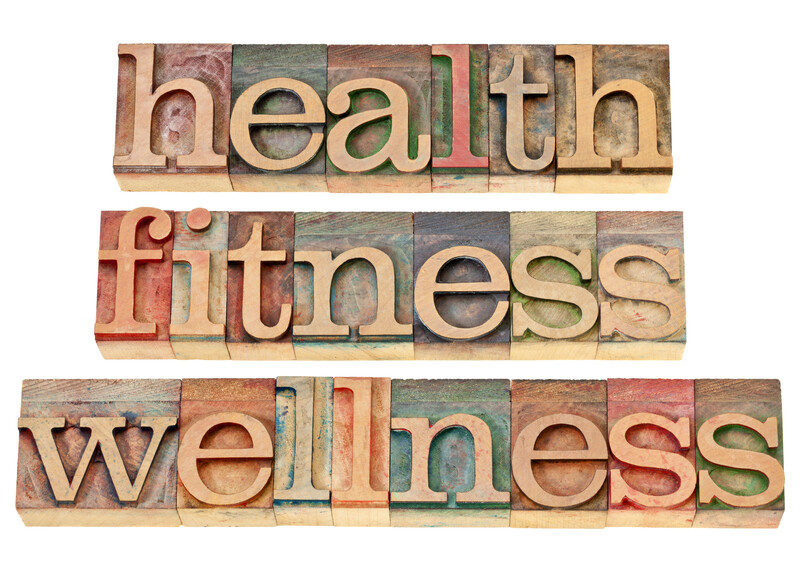
What is the difference between fit and healthy? What do we mean by these words? And what is disease? These words are the subject of this blog.
The homeopathic approach to good health is rather different from that found in most GP surgeries today. It is not a quick fix, but it works at a more fundamental level, and its medicines are not of the nature of modern drugs with their so-called side-effects.
Homeopath and Medical Doctor, Dr David Owen of the Natural Practice in Winchester defines five different models of health in his excellent book titled The Principles and Practice of Homeopathy. These are the Pathogenic, the Biological, the Holistic, the Holographic and the Relational.
The first two (Pathogenic and Bioligical) are the ones that most of you will recognise. A pathogen causes illness and when removed health returns. In the biological model there is recognition that a single cause does not always have the same effect (e.g. stress might induce a headache in one person or diarrhoea in another).
Be it homeopathic or orthodox, these models focus on physical symptoms. Given the time pressures in busy GP surgeries this is particularly so. But drug treatment, particularly if repeated over a long period, brings its own problems.
In contrast the Holistic model recognises that illness may have multiple factors influenced by both the patients nature and environmental factors. We are all different and respond in different ways. This is the dominant model in homeopathy.
The last two categories – the Holographic and Relational – are skills useful in complex cases that the homeopath learns with experience. They are natural progressions from the holistic model.
Dr Owen goes on to compare health and fitness which, he writes, are not the same thing.
I rather like his sentence, “Fitness helps you ‘fit into’ a particular environment or situation”.
Atheletes for example may be ‘fit’ but they are not necessarily healthy, a point I touched on in an earlier blog here.
I wish you now to consider the word ‘disease’, bearing in mind its expression as ‘dis-ease’.
The notable Dutch homeopath Jan Scholten in the opening chapter to his book on Homeopathy and Minerals reminds the reader that Dr Samuel Hahnemann, who set out the tenets of homeopathy in the early part of the 19th century, saw the root of disease to be on the ‘energetic’ and not the physical level.
Hahnemann was a ‘vitalist’ who believed that there is a dynamic force that animates man, which if imbalanced leads to a state of disease and ultimately pathology. (See my earlier blog here.)
Pathogens, environmental factors and inherited traits can all cause imbalance.
Jan considers ‘dis-ease’ under the following headings:
The first two items on the list would be the likely response were you to take a street survey on the meaning of disease.
Wear and tear, is man the machine, where worn out parts need to be replaced, which is appealing in a machine age but not entirely convincing given that our bodies are in a constant state of renewal.
And we need look no further than the recent pandemic to appreciate disease as a threat and our collective response as a war on germs. Again not entirely convincing given that our guts are jammed full of bacteria and viruses with which we have a harmonious existence. The very same germs that make on person sick are often of no consequence to another.
Disease can also be considered a reaction to a state. The Indian homeopath Dr Rajan Sankaran describes the situation of a man being chased by a lion (given his nationality I feel it should be a tiger!) naturally he runs away, fast. Now, say the lion breaks off the chase, yet the man doesn’t realise and keeps running. In this ‘state’ he now risks death from stess and fear rather than mauling!
Then your dis-ease could be a – albeit unintentional – strategy to get attention. A cry for help.
Or it could be an illusion. The late Misha Norland, whom I quoted last month, gives a nice example: the over zealous workaholic sustains himself (usually a ‘him’) by with wine and coffee and ‘burning the candle at both ends’. Cramps, spasms and ulcers result. Eventually, he burns out and just wants to find a quite place for repose, but he believes he cannot because someone has sold his bed – that’s his delusion!
Temptation, Protection and Symbols rather interrelate. It may be tempting to stay ill (unintentionally) so as to protect oneself from addressing other often psychological issues. Your illness is symbolic of some other problem.
Cultural factors can underly disease, consider for example the different ways people handle grief across the world.
Stories (myths) come to us through time and across cultures and often have deeper meaning and finding the mythological key can unlock the door. That ‘key’ maybe found within the experience of those who have suffered in a similar way which of course is the foundation of many self-help organisations.
Finally, man can be seen as the creator of his circumstances, responsible for his disease and situation. But as Jan points out, there lies within the ability to find a solution.
Two fellow compatriates and homeopaths,Ton Jansen and the late Dr Tinus Smits, both suggest that man’s natural state is one of dis-ease; a striving. Homeopathic treatment act as a catalyst to one’s spiritual growth. I rather like that view.
None of the above perspectives are universally applicaple, they are just concepts.
I do hope that you are in robust health today, but life is full of surprises and challenges. You may know only a little about the homeopathic approach to health, but if you would like to know more, please book a free discovery call via my homepage.